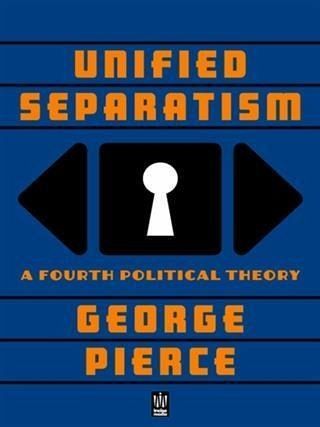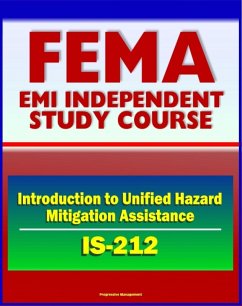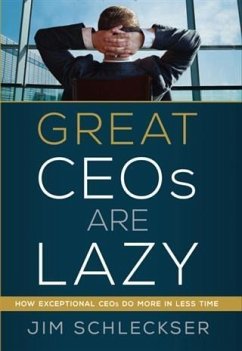
Unified Separatism (eBook, ePUB)
A Fourth Political Theory

PAYBACK Punkte
3 °P sammeln!
Unified separatism is not at all a normal book. This book uses stories, metaphor, humor, anecdotes, and a little dystopian fiction to guide the reader into a new and constructive way of thinking about our political classifications, purposes, histories, visions and paradigms. It is a rough outline of a very large body of political ideas, both original and familiar. It describes a vision, and a possible architecture for implementing and supporting it. It is written in part, as an answer to Alexander Dugin's challenge to come up with a fourth political theory. The perspective is unique, as the au...
Unified separatism is not at all a normal book. This book uses stories, metaphor, humor, anecdotes, and a little dystopian fiction to guide the reader into a new and constructive way of thinking about our political classifications, purposes, histories, visions and paradigms. It is a rough outline of a very large body of political ideas, both original and familiar. It describes a vision, and a possible architecture for implementing and supporting it. It is written in part, as an answer to Alexander Dugin's challenge to come up with a fourth political theory. The perspective is unique, as the author is not an academic political theorist, but an industrial mechanic, as well as a designer and builder of elegant machines. He is an adroit and knowledgeable writer, and you will find many memorable quips. Mr. Pierce outlines a consolidated modular system of locally controlled government organs that could be described as an entirely new form of federalism. Because of its unique mechanisms, this new political architecture is immune to undue influence of either big capital or big state. This system is designed to disenfranchise plutocratic and totalitarian oligarchy; and empower only those who will operate transparently, honorably and fairly. This is basically intrinsic multipolarism on steroids, supporting a vison of respect and mutual cooperation for all people in all cultures through locally controlled modules that make the local communities strong and self-sufficient. These modules are externally standard. They fit together in a sort of network to form a national government that can protect the diverse communities contained in them better than the present convoluted international "security" system from the West, which plays them against each other. This book is an introduction. The author is working on several more volumes that will each precisely detail the tools, networks and mechanisms for a particular area where real political and financial power intersects with the citizen. (For example, police, media, education, banking, regulation, elections, and infrastructure management.) These future books are outlined near the end of this one. This is a book of ideas.
Dieser Download kann aus rechtlichen Gründen nur mit Rechnungsadresse in A, B, BG, CY, CZ, D, DK, EW, E, FIN, F, GR, HR, H, IRL, I, LT, L, LR, M, NL, PL, P, R, S, SLO, SK ausgeliefert werden.













